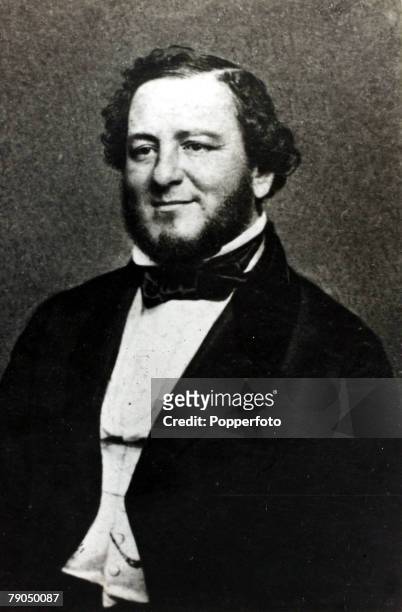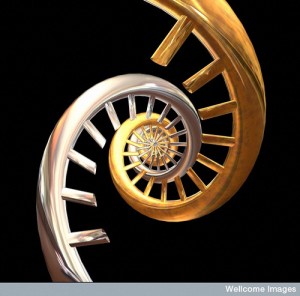Groundbreaking Study of Ancient DNA Reveals Genetic Commonality to Modern Europeans
From Ostara Publications
Groundbreaking genetic analysis of a 37,000-year-old human bone from Russia has revealed that modern Europeans have remained genetically identical from that time onward—and that there are increasing numbers of holes in the “out-of-Africa” theory of human development.
The DNA analysis, published in a recent issue of the journal Science (“Genomic structure in Europeans dating back at least 36,200 years”, Science, DOI: 10.1126/science.aaa0114), looked at a genome sequence from a Russian man known as “Kostenki 14” (or K14 for short), found at Kostenki-Borshchevo, north of the Black Sea.
The remains date from 38,700 to 36,200 years ago, and are one of the oldest fossils of anatomically modern humans from anywhere in Europe.
According to the study’s synopsis, the analysis revealed that “K14 shares a close ancestry with the 24,000-year-old Mal’ta boy from central Siberia, European Mesolithic hunter-gatherers, some contemporary western Siberians, and many Europeans, but not eastern Asians.”
Furthermore, the study found, the K14 genome “shows evidence of shared ancestry with a population basal to all Eurasians that also relates to later European Neolithic farmers.”
Significantly, K14’s genes include signature traces of DNA long thought to have been part of separate movements into Europe, Eske Willerslev, a geneticist at the University of Copenhagen and co-author of the study, said in a media interview.
“One of the surprising things is that if you go 37,000 years back in time, you find all the major genetic components that are present in modern Europeans,” Willerslev added.
This means that Europe’s past is actually a single genetic whole, even if it was created by a continuous flow over millennia. This discovery is bound to cause consternation among those who quite falsely argue that European history has always been “mixed,” racially-speaking.
The Kostenki fossils were excavated in 1954 by a Russian team led by A. N. Rogachev (left) and are among the oldest for modern humans in Europe. (Photograph by the Peter the Great Museum of Anthropology and Ethnography.)
The Kostenki fossils were excavated in 1954 by a Russian team led by A. N. Rogachev (left) and are among the oldest for modern humans in Europe. (Photograph by the Peter the Great Museum of Anthropology and Ethnography.)
Traditionally, historians have believed that there were groups of hunter-gatherers, “moving from Africa into Europe beginning about 40,000 years ago.”
Much later, they suggested, a separate group of farmers and herders left the Middle East and made their way north, eventually out-competing the hunter-gatherer locals and forming the basis for the modern European genome. It was the introduction of agriculture by this second wave of people—the so-called Neolithic Revolution—which was such a pivotal moment in prehistory.
While there is no question that there was a cultural shift from hunter-gatherer to agricultural, the new DNA evidence from K14 suggests that the bearers of this culture were one and the same people.
“You wouldn’t predict if you go back to one of our earliest individuals, all the components of modern Europeans were already there,” Willerslev added.
Genes once thought to have arrived with the first farmers, for instance, now seem to have been around much earlier.
Instead of separate groups colliding and occasionally mingling, Willerslev said it seemed that there was actually a single, genetically similar population sprawling across the continent, from Russia to the Middle East to northern Europe.
“Rather than separate populations moving into each other’s’ areas and having sex with each other,” he says, “there was a single ‘meta-population’ having sex—or exchanging genes—in a complex and heterogeneous way.”
Furthermore, Kostenki man’s DNA shows that he was unrelated to East Asians or Australo-Melanesians—which is highly problematic for the “diverging out of Africa” theory, which would have implied that these racial groups only diverged after “leaving Africa” rather than before, as the theory has always postulated.
For the original story
http://newobserveronline.com/groundbreaking-study-ancient-dna-reveals-genetic-commonality-modern-Europeans/





